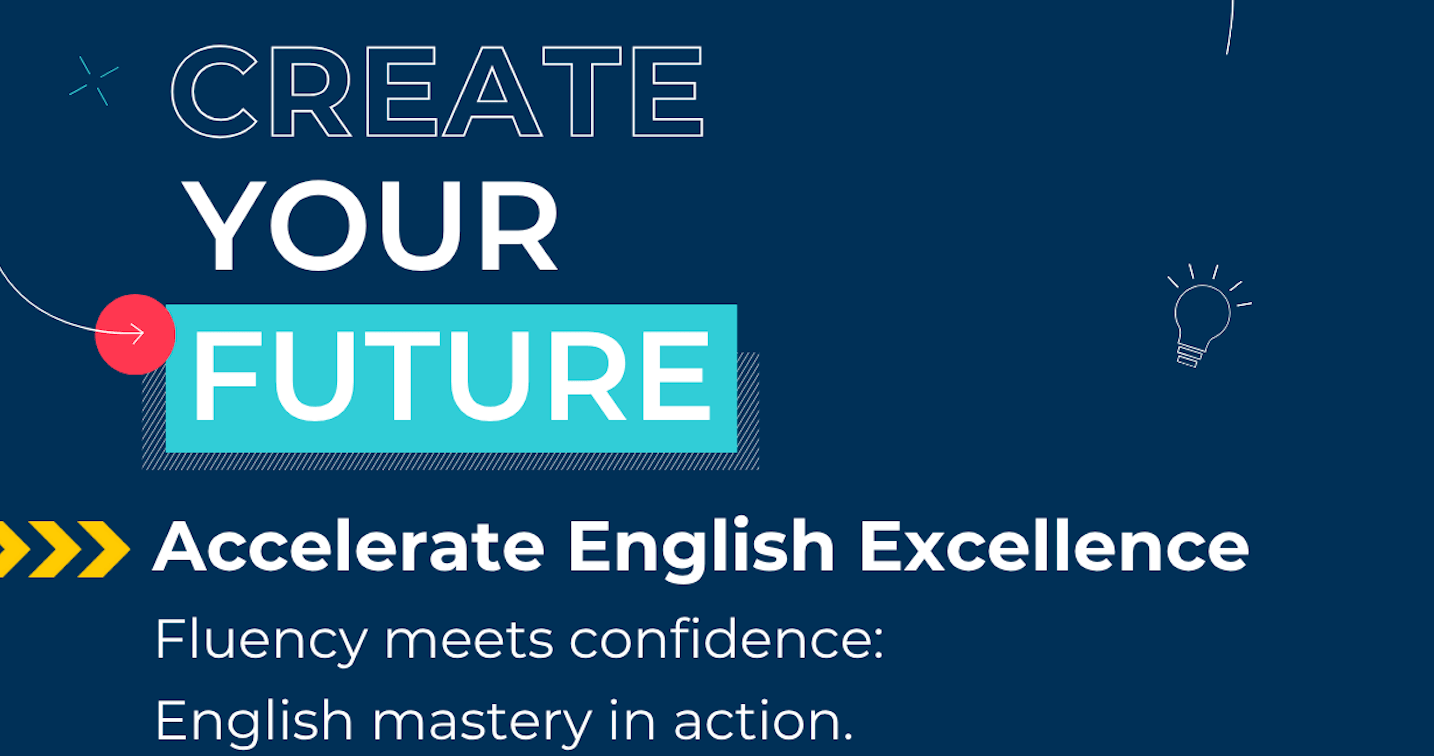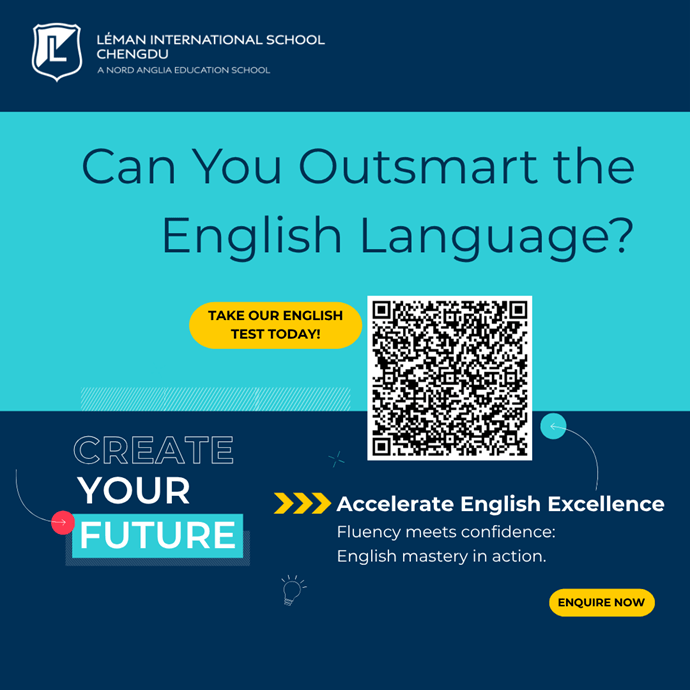Open Days
Register for our Open Day


In today’s interconnected world, English is more than a subject on the timetable. It is a global tool for communication, access and opportunity. The ability to use English fluently touches every part of a young person’s life: academic success, social confidence and future career prospects. Organisations such as the British Council have documented how English can drive economic and educational opportunity across countries, making language learning a strategic investment for families and schools alike.
That said, not all language learning is the same. Linguists distinguish between conversational fluency and the deeper, academic language that pupils need to succeed in school. Basic interpersonal communication skills, or BICS, often develop relatively quickly, while the cognitive academic language proficiency, known as CALP, typically takes considerably longer to establish. Research summarising this distinction is clear: learners can gain everyday conversational confidence within a short period, but full access to academic English generally develops over years, not weeks.
Measuring Progress
Practical experience in schools mirrors this research. Many EAL programmes report rapid early gains in listening and speaking, with learners becoming socially fluent within months. Deeper academic gains - the kind that show up in subject learning and exam performance - follow a longer trajectory. International and national studies suggest a general pattern: conversational progress can be seen within 6 to 24 months in many contexts, whereas academic proficiency often continues to develop across a 5 to 7 year window. These are averages, and individual learners vary, but the implication is clear: early, sustained, high-quality support produces both quicker wins and stronger long-term outcomes.
The advantages of bilingualism
There is another advantage to starting early. Cognitive research continues to show that bilingual children frequently enjoy benefits in attention, task switching and problem solving. In short, learning an additional language does not merely add a skill; it appears to enhance the developing mind in ways that underpin academic success across subjects. This is an important reminder that English acquisition is not a trade-off with a child’s home language: well-designed programmes support both, and children gain cognitive advantages from multilingualism.
Impactful Teaching
How schools deliver English matters. Frequent, high-quality exposure to confident, fluent models of English helps with pronunciation, listening comprehension and natural expression. Recent studies indicate that the frequency of authentic input is a major factor in immediate gains in pronunciation and form–meaning connections, and that regular interaction with fluent speakers accelerates speaking ability. For families seeking the best outcomes, this means looking for programmes that combine expert teaching, plentiful spoken input and meaningful opportunities to use English across the curriculum.
At Nord Anglia, our approach is exactly that:
Early identification of needs, targeted EAL support and plenty of purposeful English use across lessons and activities. The result is children who make rapid conversational progress and, with continued support, move confidently into full academic participation. If you are curious about how this could work for your child - including typical timelines for moving out of EAL provision (we can discuss your child’s likely trajectory in detail) - our Free Learning Consultation is a great place to start.


.png?h=890&w=666&rev=8a754fc46cf741f29dde9aa0530b0e27&hash=98C479DAC105DA0DA1BEA403B939FAD4)